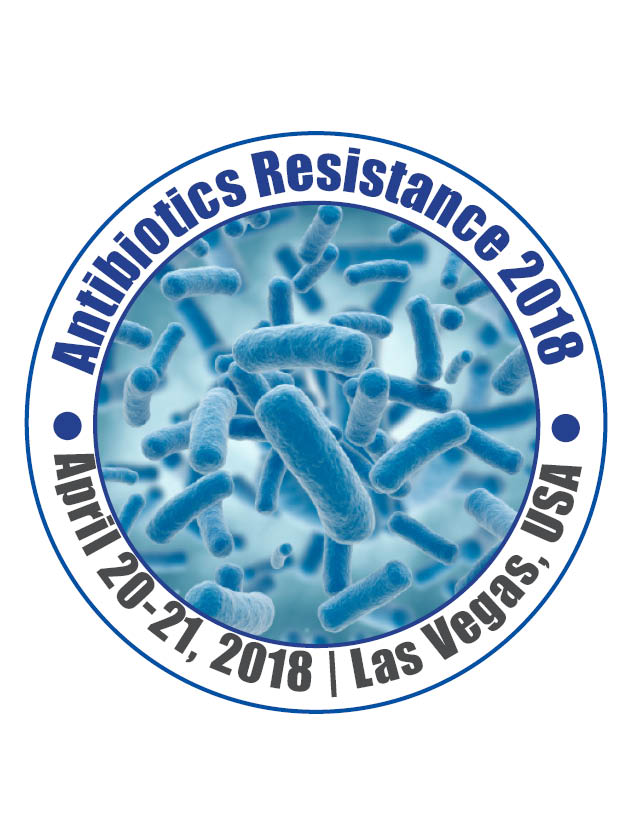Mengfei Peng
University of Maryland, USA
Title: Mobility of antibiotic resistance in Salmonella typhimurium under natural and simulated farm environments
Biography
Biography: Mengfei Peng
Abstract
Microbial horizontal gene transfer is a continuous process and it shapes especially bacterial genomes. However, the niches of microbial ecology as well as synthetic antibiotics or natural antimicrobials in the influence on the evolution of this biological networks are not fully understood yet. So far, very little attention has been paid on how dosages of antibiotics utilized in farm animal production contributes to the overall problem of antibiotic resistance. In this study, we investigated the mechanisms of sub-therapeutic and therapeutic dosages of synthetic antibiotics that foster the exchange of genetic materials in the microbial community in various components of farm animal production system using marked conventional and organic farm isolated Salmonella enterica serovar Typhimurium strains. The relatedness among the S. Typhimurium isolates from this study was investigated based on genome-wide SNP comparisons and the draft genome contigs have been submitted to NCBI. The antibiotic resistant S. Typhimurium isolates from conventional farm cultured in both conventional and organic soils failed to lose their tetracycline resistance, whereas highly sensitive S. Typhimurium strains isolated from organic farm gradually acquired higher tetracycline MICs over time under both types of soils. None of the isolated S. Typhimurium strains developed or lost sulfamethoxazole/trimethoprim resistance in soil environment. The qRT-PCR analysis indicated that differential expression of genes involved in antibiotic resistance in S. Typhimurium isolates was artificially inoculated under antibiotic pressure. The findings suggest some basic patterns in mechanism of S. Typhimurium antibiotic-resistance development in farm-related microbial ecosystems.

